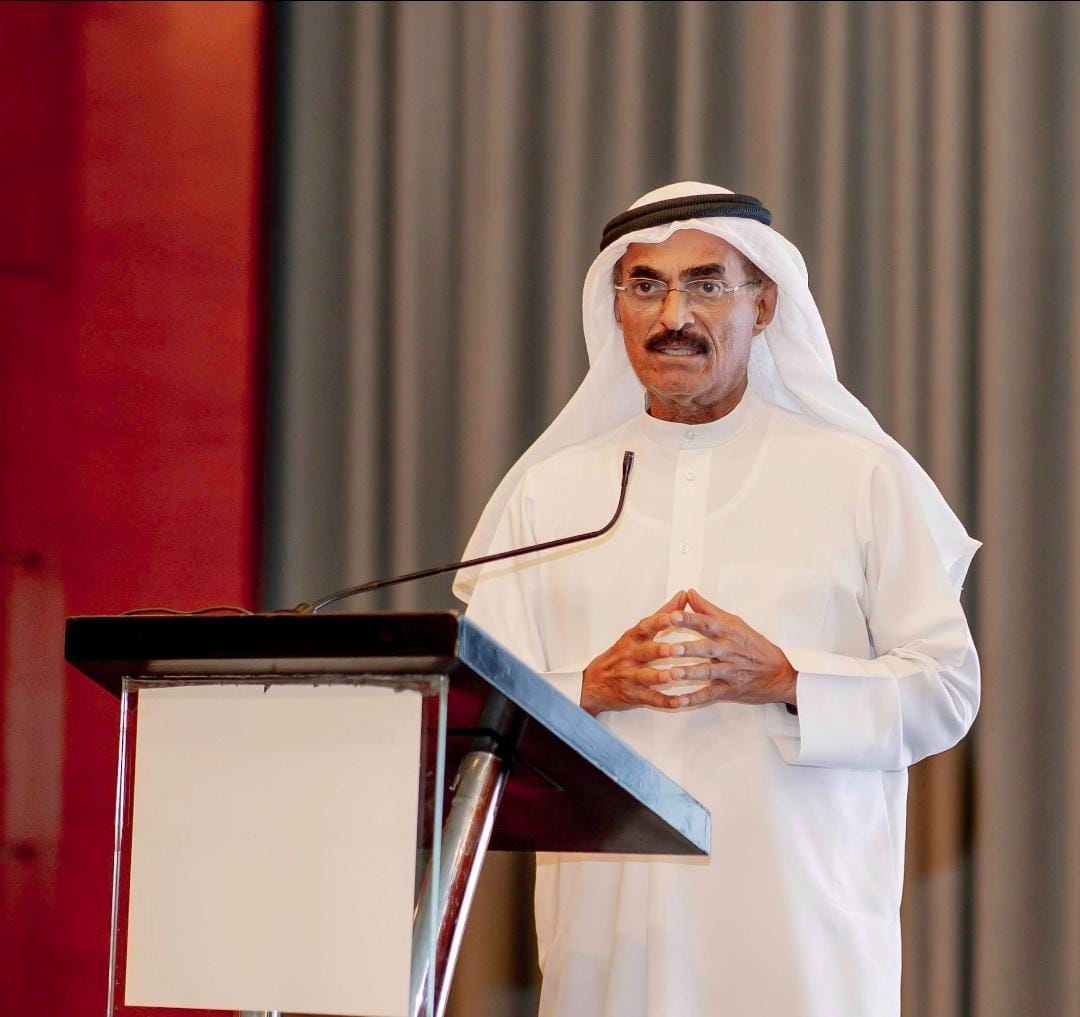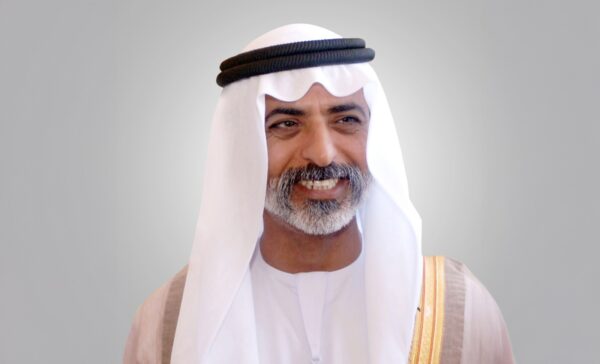The Road to a Green Future – An article by H.E. Dr. Abdulla Belhaif Al Nuaimi

The path toward a future free of carbon emissions is full of possibilities, but wisdom lies in choosing the right direction. As American cultural anthropologist Margaret Mead once said: “Never doubt that a small group of thoughtful, committed citizens can change the world; indeed, it’s the only thing that ever has.”
In an era of rapid urbanization and accelerating climate change, environmental awareness began as individual initiatives and has since evolved into a global movement aimed at reducing greenhouse gas emissions and improving public health and quality of life. Studies show that more than 70% of global emissions originate from cities, making urban transformation an urgent necessity for building more climate-resilient environments.
Sustainable Transport Is No Longer an Option
Nations have realized that sustainable and smart mobility is no longer optional, but essential. As a result, they have begun investing in cleaner, safer, and smarter systems. By prioritizing people over vehicles, this ecosystem supports inclusive growth and advances the transition toward a greener future, one that requires bold rethinking of urban design.
Smart Governance as the Foundation of Transformation
Effective governance ensures the implementation of initiatives across all levels by engaging communities, addressing local needs, and building public trust. Data from 2024 shows that more than 60% of municipalities in OECD countries use digital tools to involve citizens in urban planning, enhancing transparency, accountability, and the efficiency of public services.
Speed and Efficiency in Public Transport
According to the International Energy Agency, the transport sector accounted for about one quarter of global carbon emissions in 2023–2024, and more than 65% of global oil consumption. Therefore, expanding public transport networks in major cities remains one of the most effective solutions to reduce congestion, pollution, and dependence on private vehicles. Switching from car to train travel can reduce emissions by up to 80%.
Many cities have adopted Bus Rapid Transit (BRT) systems that match metro services in speed and efficiency, while others have deployed fully electric bus fleets. In Latin America alone, more than 2,500 electric buses were in operation by 2024.
Human-Centered Cities
Building cities designed for pedestrians and cyclists is a cornerstone of sustainability. In Copenhagen, Denmark, where over 390 km of dedicated cycling lanes exist, 62% of residents commute daily by bicycle. Walkable neighborhoods can reduce car trips by up to 40%.
High-Impact Solutions
Since transport is one of the largest contributors to emissions, shifting to low-carbon fuels and electric mobility has become essential. Electric vehicle sales reached 17.1 million units in 2024, representing 22% of all new cars sold globally. Moreover, establishing low-emission zones in more than 250 European cities has improved air quality by up to 40%.
In London and Singapore, congestion pricing has reduced traffic volume by 30% and increased bus usage by 12%.
COP30 Agenda and the Net Zero Goal
These diverse strategies from public transport expansion to walkable and bike-friendly cities, from electric mobility to digital governance, align closely with the agenda of COP30, held in Belém, Pará, Brazil, from November 10 to 21. The conference places Net Zero at the heart of its objectives, alongside:
- Limiting global warming to 1.5°C
- Promoting sustainable transport as a key tool for reducing emissions
- Investing in smart and digital infrastructure to ensure transparency and community participation
- Supporting the transition to renewable energy and clean fuels
- Building human-centered cities that balance environmental and economic priorities
As Jennifer Nini, Editor-in-Chief of Eco Warrior Princess, said: “We are not above nature; we are part of it”. The vision of COP30 reinforces that our future depends on living in harmony with nature, not dominating it. The conference is expected to see countries present updates to their national plans and discuss issues related to climate finance, adaptation and protecting ecosystems.





